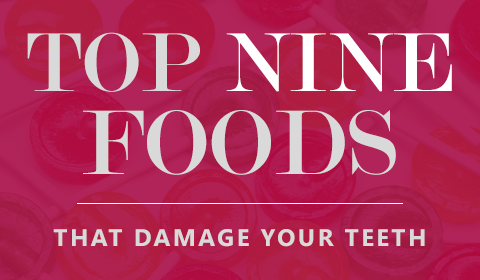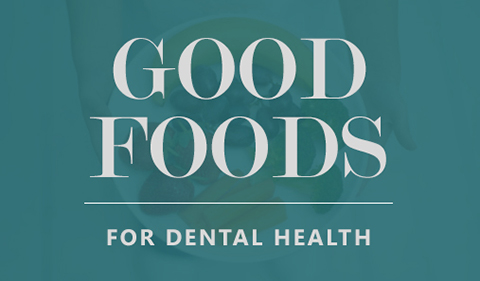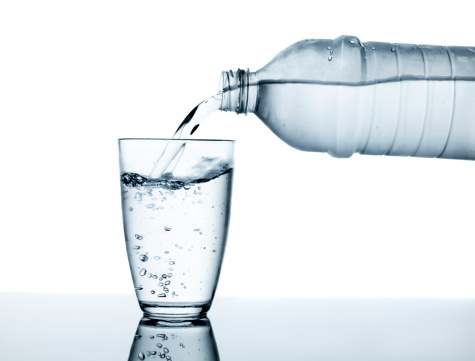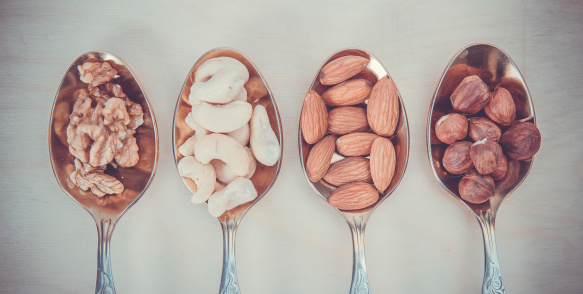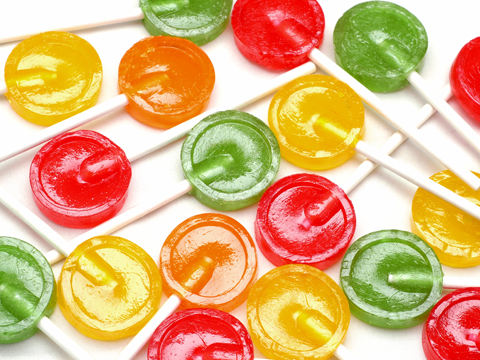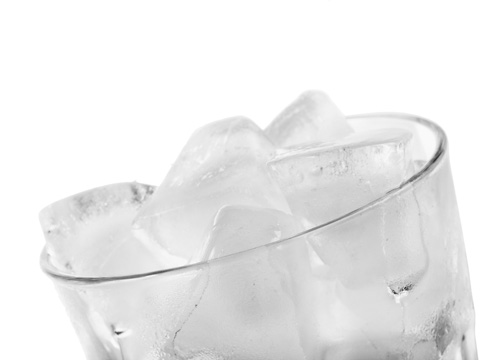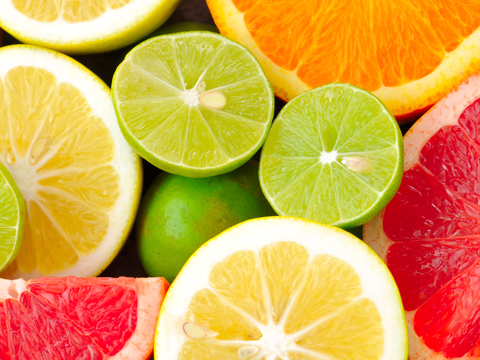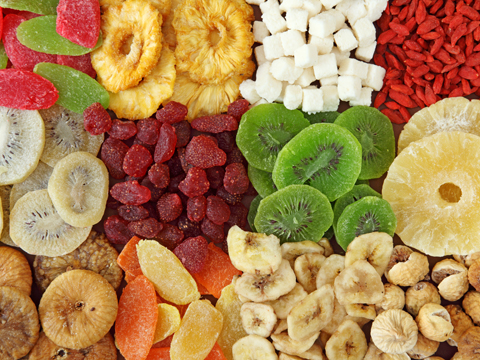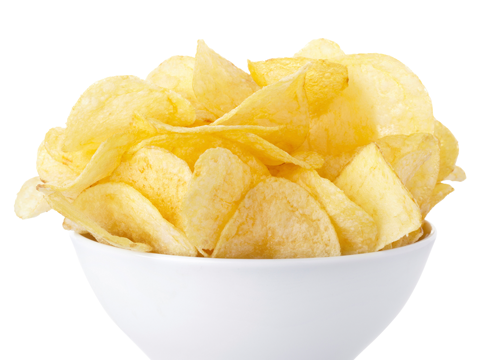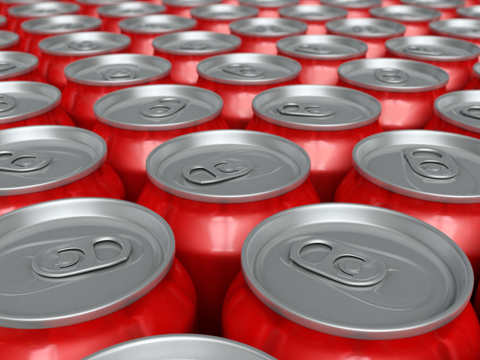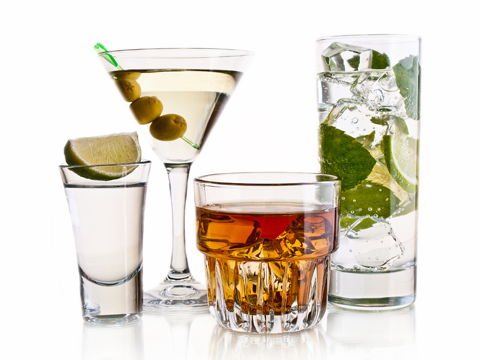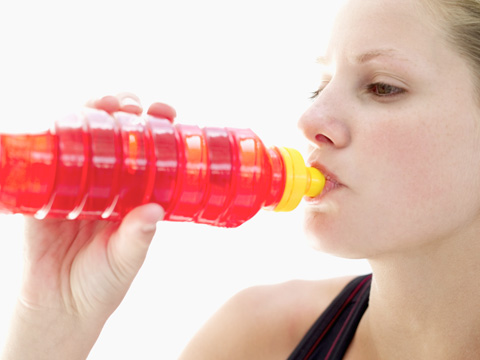Sources
Healthy permanent teeth begin with healthy baby teeth. Many parents regard baby teeth as unimportant, thinking all children eventually lose them. However, caring for baby teeth is just as important as caring for permanent teeth. It is common for parents to be unaware that baby back teeth ( molars ), do not fall out till age 11 or older. Tooth decay in these teeth can grow, sometimes to the point of abscess or infection if tooth decay is left to progress.
Baby teeth are used for chewing to obtain good nutrition for proper growth and development. A full set of teeth is important for the development of good speech. Appearance is also a major factor. A bright smile is not complete without nice teeth. Baby teeth also serve as a guide for the proper positioning of permanent teeth.
Loss of baby tooth before its normal shedding time can cause overcrowding and hinder the proper development of your child's jaws, causing more expensive and more invasive treatment later on. Lastly, toothache and infection can result from improper care of baby teeth.
Our pediatric dental office follows the recommendations of the American Academy of Pediatrics ( AAP ), American Academy of Pediatric Dentistry ( AAPD ) and the American Dental Association ( ADA ), that your child's first visit to the dentist occur by the age of one.
This visit serves to educate the parents on proper care of your child's teeth, preventive regimen custom tailored to the unique needs of your child, growth and development that is expected, anticipatory guidance we your pediatric dentist can offer, dental trauma prevention, diet counseling, oral habits that can affect the teeth, and any concerns you may have regarding your child's oral health. This visit will establish a dental home for your child and protect your child's smile now and the future.
Our Pediatric Dental Office follows the recommendation of the American Academy of Pediatric Dentistry ( AAPD ) that children visit their dentist at least twice a year. Tooth decay is not the only reason for a dental visit. Fluoride treatments strengthens the teeth, teeth cleaning removes debris that accumulate and irritate the gums.
Some children may need more frequent dental visits because of unusual growth patterns that the pediatric dentist hopes to intervene when the appropriate time comes. More frequent visits are also needed in cases of poor oral care, or higher risk for tooth decay and other dental problems. Because every patient presents with their unique needs,we tailor the frequency of your child's visits based on what is best suited for your child.
Dental decay ( cavity ) is the major cause of tooth damage and tooth loss among children and young adults. Tooth loss is critical in this age group. Everyone knows about the pain from a toothache. However, if a youngster loses a tooth before its normal time of shedding, the remaining teeth shift much, much faster than in adults. This could jeopardize the space intended for the developing permanent tooth ( not yet visible in the mouth ).
The good news is that we can prevent these problems - yes, cavities are preventable. It is possible to let your child grow up cavity free. Preventive dentistry offers many good options including sealants, which is a bonded coating that fills in the grooves, cracks and crevices of back teeth, where cavities, usually start. There is also flouride tablets and drops prescribed in age appropriate dosages if the child's drinking water is not fluoridated.This way, fluoride ions get incorporated into developing permanent teeth. There are also fluoride varnishes, and fluoride rinses. Special fluoride tooth gels professionally applied or home applied are available, some formulations are especially geared towards radically reducing cavity causing bacteria in the mouth. Flossing removes cavity causing germs in between teeth and other smooth surfaces of teeth. Lastly, a healthy, low sugar diet is very important to keep cavities away.
There are many aspects of early childhood caries. baby bottle tooth decay is recognized as one of the more severe manifestations of this syndrome. Prolonged bottle feeding beyond the usual time when the child is weaned from the bottle and introduced to solid food, may result in early and rampant tooth decay.
This can be seen as "rotting" away of front and sometimes back teeth in babies. This occurs when the child has been put to bed with a nursing bottle containing milk,
juice or other sugar containing liquids. As the child falls asleep, these liquids which contain sweeteners ( such as lactose in milk, fructose in juice ),
becomes pooled around the front teeth. The decreased saliva flow during sleep, coupled with a slow clearing of liquid from the mouth via swallowing, provides
a very good environment for tooth decay causing bacteria to act on the teeth. This may cause early childhood caries in babies.
Early childhood caries can be prevented by early counselling of the parents. This is one of the reasons for suggesting that children be first examined by the dentist by one year of age per recommendation of the American Academy of Pediatric Dentistry.
Sealant is a bonding material that is applied to chewing surfaces of back teeth ( premolars and molars ) to prevent cavities.
When back teeth are developing inside the gums, irregularities in the form of crevices, grooves and pits form in the chewing surfaces. These irregularities are impossible to keep clean because the bristles of a toothbrush cannot reach into them. Therefore, these crevices and pits are good places for bacteria and food particles to hide, causing cavities in teeth.
Sealant acts as an excellent decay preventive agent by forming a thin covering that "plugs" the pits and crevices, preventing bacteria and food to get lodged in teeth, thus preventing cavities. Children's newly erupted teeth get the greatest benefit from sealants.
 Videos
Videos 










